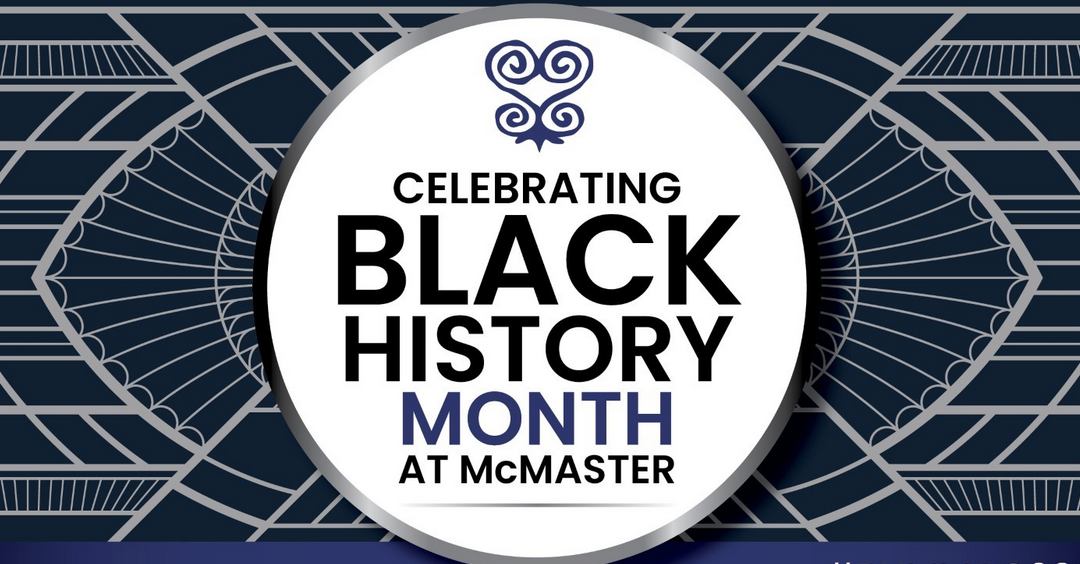Celebrating Black History Month at McMaster

Black History Month 2025 is coming up quickly. It is not only a time to celebrate the contributions and achievements of Black, Caribbean, and African diasporic peoples but also an opportunity to reflect on how McMaster can continue to support and uplift the Black community—during February and throughout the year.
This year’s theme is: Diasporic Dreams: Reclaiming Pasts, Shaping the Present, Crafting Futures.
The celebrations will kick off with a launch event taking place in the MUSC Atrium on February 3rd: Centering Joy in Community – Black History Month at McMaster 2025 Launch.
You can find a full list of events and programming on the Black History Month McMaster website. Below, we’ve highlighted a few teaching and learning related events.
- ABLD Seminar Series – Decolonizing History: Setting the Records in Context, Feb 6th: 4-6pm
- The Black Professors Podcast Launch, Feb 10th: 12-1pm
- Faculty of Health Science 2025 Black History Month Lunch Hour talk featuring Dr. Oni Blackstock, Feb 18th: 12-1pm
- From our Roots to Futures: Black Optimism & Indigenous Ways of Being, McMaster Museum of Art, Feb 20th: 4-6pm (This event only has space for 25 people, to attend please register: https://forms.office.com/r/m1NiSaDiiM )
- Reclaiming Wellness: Afrocentric visions of health, wholeness and wellbeing, Feb 27th: 8-10am
Background on the theme: Diasporic Dreams: Reclaiming Pasts, Shaping the Present, Crafting Futures
With a concentrated focus on Afrofuturism, a concept that touches on ancestral knowledge and the use of imagination and creativity to envision what Black futures can look like. Diasporic Dreams is representative of the expansiveness of Black culture around the world.
Reclaiming pasts honors the importance of history and ancestral roots within the African diaspora and symbolizes how their historical contributions shape our present and future to come. This leads to shaping the present, where we recognize how individuals and communities shape reality through everyday acts of resistance, creativity, joy and innovation. Our actions that take place in the present ultimately craft our futures.
Crafting futures suggests that the future is not fixed but is a creation, a dream woven from experiences, aspirations and cultural memory. It emphasizes Afrofuturism’s power to imagine worlds where Blackness and diasporic identity are central rather than marginalized within society. People of African and Carribean descent Show how Black people have drawn from ancestral knowledge, memories, and African spiritual practices to imagine new worlds.
Updates
